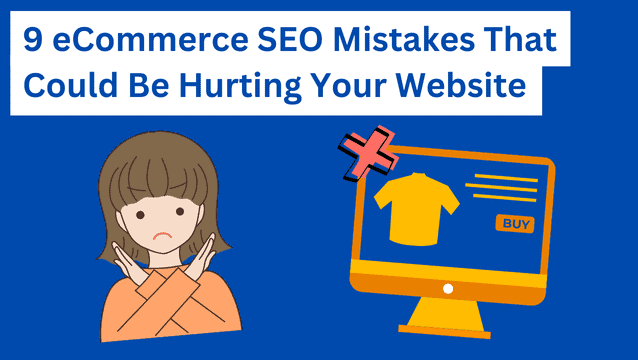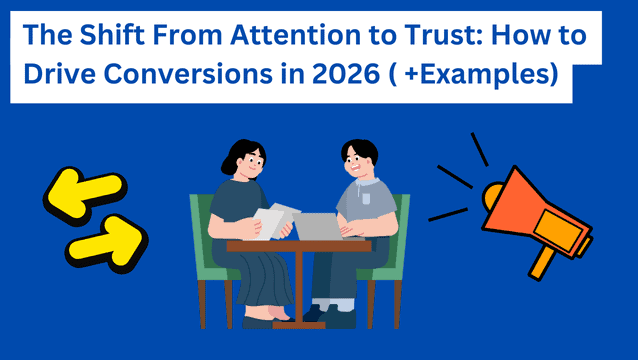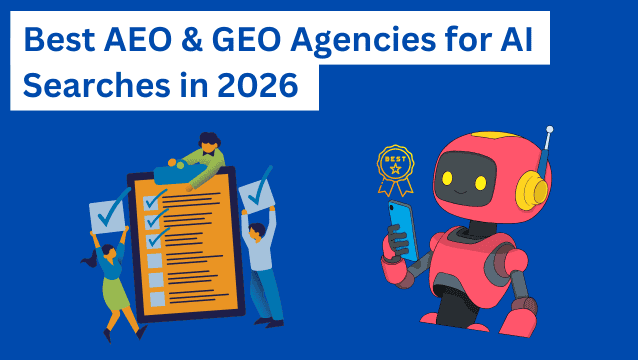Many agencies either try to do everything themselves (risking burnout and inconsistent results) or they hand off SEO to an unknown provider and hope for the best.
Both approaches can hurt your brand and client trust.
Instead, partner with a well-known white label SEO provider who can do the heavy lifting behind the scenes. You’ll deliver results, clients will get consistent quality, and your agency can stay focused on growth, strategy, and client relationships.
But … What is white label search engine optimization?
Let’s take a closer look at what white label SEO is, what white label SEO services you can offer under your brand, and how to choose the right partner. By the end, you’ll know exactly how to scale your SEO offerings without overloading your team.
Or risking your reputation. 👇
Highlights:
- White-label providers handle full-service SEO campaigns, from audits to off-page SEO, under your agency’s brand. You can scale services, like technical SEO, content marketing, and link building, without hiring extra staff.
- To choose the right white label partner, follow these tips: check for proven results, flexibility, and expertise in both traditional SEO and AI SEO.
- Use branded reports and dashboards to help maintain client trust while streamlining account management.
What is white label SEO?
White label SEO lets digital agencies, freelancers, and consultants provide SEO services under their own brand. (Without having to manage all of the execution themselves.) Instead, the heavy lifting gets outsourced to a third-party provider.
To your clients, everything looks seamless. They see your brand, your reports, and your results.
The partner doing the work stays invisible in the background.
Key models to know:
- White label SEO company: These providers focus on specific services like link building, content creation, or researching target keywords. They’re perfect when you need to fill a skill gap or scale up quickly.
- White label SEO agency: These partners deliver a complete package: Audits, on-page optimization, local SEO, and detailed reporting. They function as an extension of your team, so you can serve clients end-to-end.
Top benefits of hiring a white label SEO service
Here are four major advantages of working with a white label service:
1. Access specialized expertise instantly
Partnering with white label providers gives your agency immediate access to expert-level SEO skills, without the cost or time of building an in-house team.
2. Branding consistency and client trust
Every deliverable (reports, dashboards, even client communications) carries your agency’s brand, so you always look like a pro.
Here’s an example of an article outsourced by Breadcrumbs to the uSERP team:
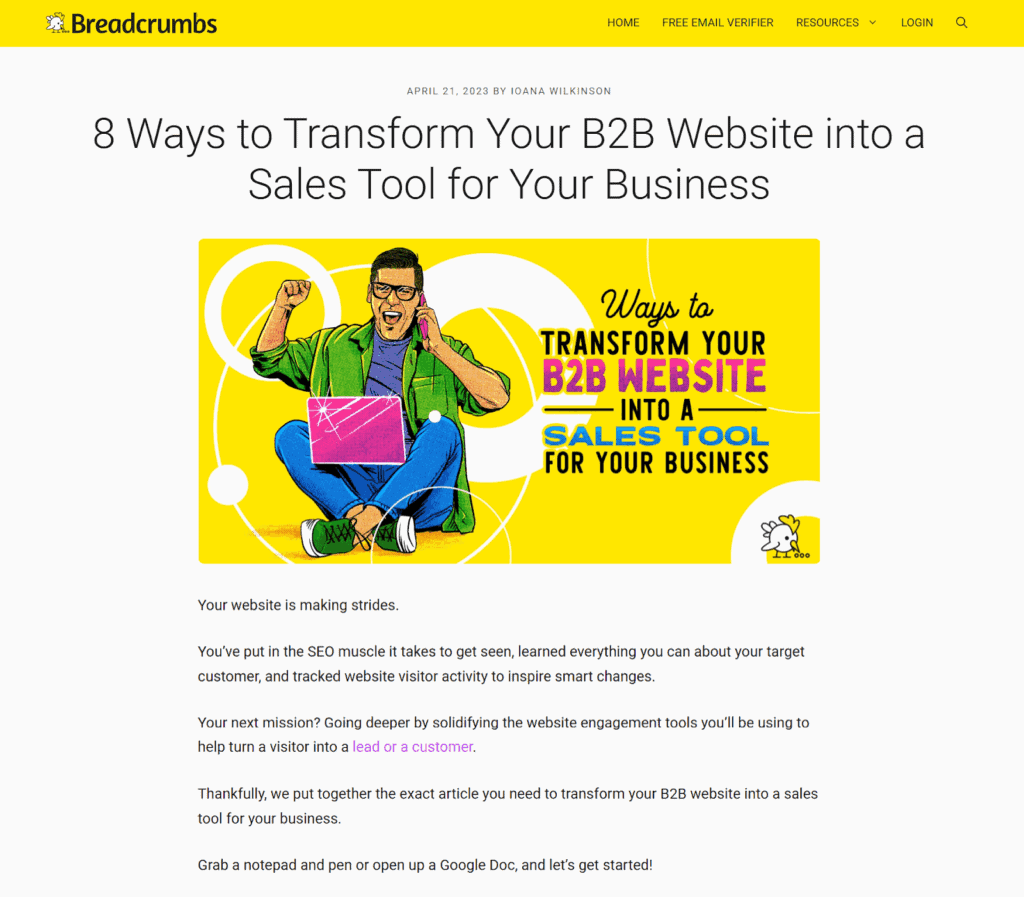
(Image Source)
The blog post was white-labeled to match Breadcrumbs’ branding, style, and content guidelines.
3. Cost-effective scalability
Save on overhead by avoiding the need to recruit, train, or invest in enterprise SEO platforms. Instead, you get to leverage established infrastructure and expertise to scale quickly and way more efficiently.
4. Focus on core agency growth
With execution handled by your white label partner, your agency can dedicate more energy to strategy, client relationships, pitching new business, and expanding services.
Which SEO services can I get white labeled?

White label SEO providers usually cover a wide range of services, including:
- SEO audits and technical optimization: A deep dive into site structure, crawl issues, page speed, and indexing. This helps make sure search engines can properly read and rank a site.
- Link building (e.g., guest posts, broken-link outreach): Strategic outreach to build high-quality backlinks that boost authority and improve rankings. (Super important.)
- Content creation and marketing: From blog posts to web copy, partners can produce optimized content that attracts traffic and helps your clients build authority.
- On-page SEO (e.g., meta tags, copy optimization): Fine-tuning titles, descriptions, and page copy to improve relevance and click-through rates.
- Keyword research and strategy: Identifying the right search terms and mapping them to content so your clients can capture qualified traffic.
- Local SEO (e.g., Google Business Profiles, Google Maps, citations): Optimizing local listings and directory citations to help clients show up in local searches.
- Branded reporting and dashboards: White labeled reports and dashboards delivered under your agency’s name.
How to choose the right white label SEO partner (what to look for)
Here’s what to look for when choosing a white label SEO partner:
- Quality and proven track record
- Full service vs. niche provider
- Customization and flexibility
- Ethical standards and transparency
- Scalability
- Reporting tools support
- Clear pricing and support
- Heavily informed on AI SEO, AEO, and GEO (not just traditional SEO)
We’ll review each of these below 👇
Quality and proven track record
Don’t take a provider’s word for it; dig into their results.
A credible partner should have case studies that show how they’ve improved rankings, driven traffic, or generated leads for clients in different industries.
Look at reviews and testimonials for consistency.
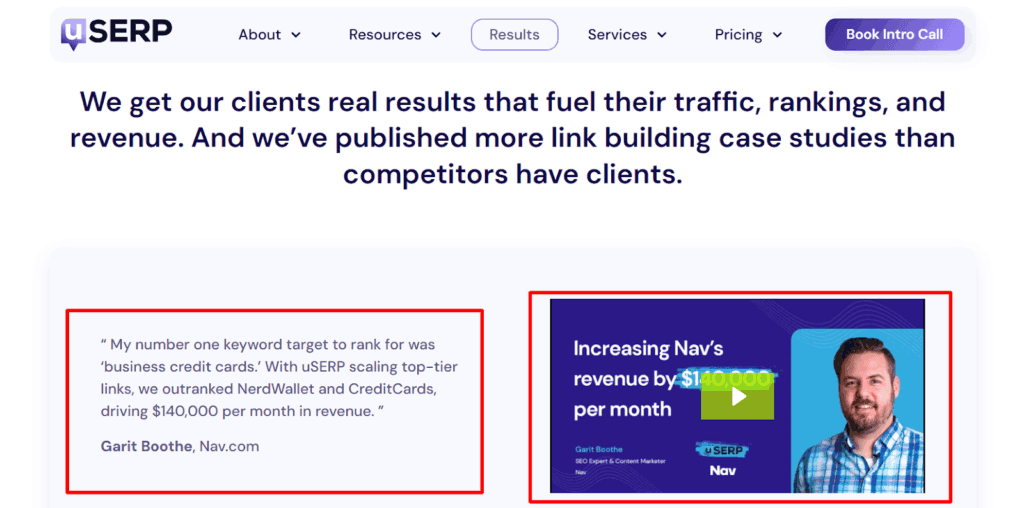
If possible, ask to see anonymized live examples of their work. You want proof they can deliver.
(We have more case studies than most of our competitors have clients, btw. 😏)
Full service vs niche provider
Think about your agency’s needs before committing. If you want an end-to-end solution (audits, technical fixes, keyword research, content, reporting), a full-service white label agency will act like an extension of your team. For a more streamlined approach, find an agency that uses agency booking software as it will speed up the process of daily operations and communication.
On the other hand, if you’re confident in most areas but lack bandwidth in one specialty, a niche provider can help fill that gap.
If you need help with link building or content creation, look for a niche provider. They’ll have subject matter expert writers and special experience building links.
Customization and flexibility
Every client has unique goals, and your partner should adapt to that.
The right provider lets you pick and choose services, tailor reporting, and even adjust the way deliverables are presented.
This flexibility lets you maintain your competitive edge, because you’re not reselling cookie-cutter SEO packages. You’re giving clients solutions that feel personalized to their needs.
Ethical standards and transparency
Make sure the agency you hire only uses white-hat SEO practices to protect your clients’ rankings and brands.
If a provider uses shady shortcuts like link farms or keyword stuffing, your client could face penalties that damage both their reputation and yours.
A trustworthy partner will:
- Be upfront about their methods.
- Explain what they’re doing behind the scenes.
- Set realistic expectations based on real results.
Scalability
You need a partner who can handle projects at scale in case your clients need more support. Make sure the white label SEO service you hire has a solid team. (And the expertise to take on a large, continuously growing SEO plan.)
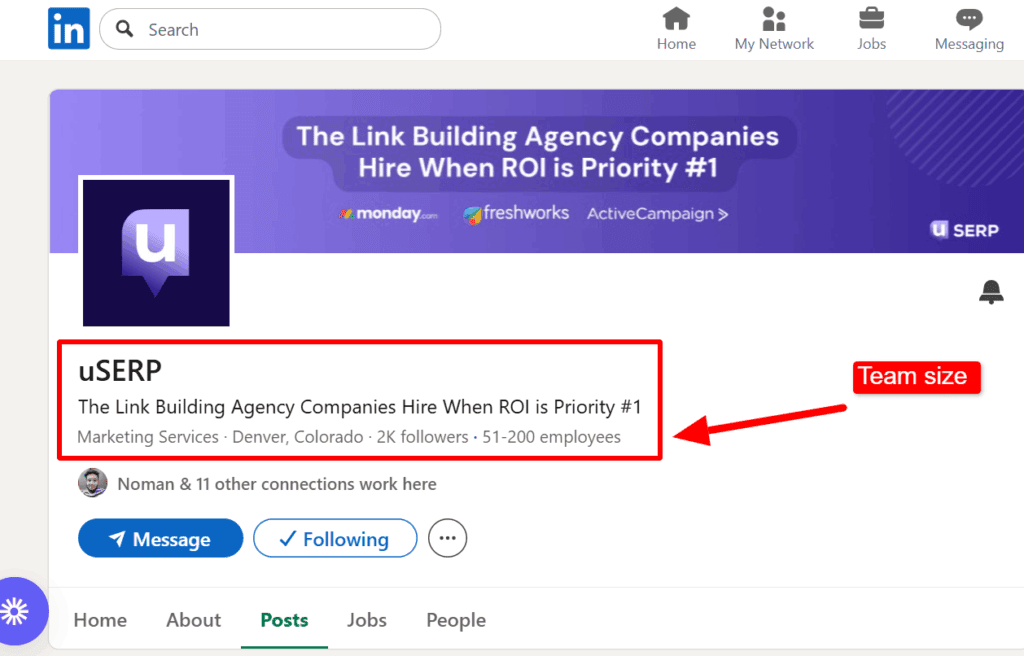
Ask if they can handle both small local campaigns and complex enterprise projects. Or if they have a specialty.
Other important questions to ask:
Potential white label SEO partner question checklist
- Can they dedicate account managers or project leads when your agency scales? What’s their team structure like? Will you get consistent points of contact as you grow?
- Do they have systems in place to scale? What’s their specific infrastructure like? What tools do they use for content production operations?
- How do they ensure quality control with large workloads? Ask about methods, like QA checks, workflows, and standards.
- What processes are in place to onboard new client campaigns quickly? How fast can they bring new accounts online?
- Do they offer flexible pricing models that adjust as your client base grows? What do those look like?
Your clients’ growth needs can sneak up on you.
You don’t want to switch providers later because your current one can’t keep up with new demands.
Reporting tools support
Clients want to see progress, and they want it in a format that’s easy to digest.
A good partner provides branded dashboards, automated reports, and clear metrics that you can send straight to clients. This saves your agency hours of manual work and reinforces your brand as the one delivering results.
Reporting is one of the most concrete ways you demonstrate your value, so don’t skip this!
Clear pricing and support
Pricing models should be straightforward, with no hidden fees buried in fine print. Ask about billing structures and make sure they align with how you serve clients.
Support is also important. When you have a question or need help, when will someone be available?
Responsive support makes a big difference when you’re managing client expectations and need answers quickly. Ideally, you need a point of contact that can respond within 24-48 business hours, max.
Heavily informed on AI SEO, AEO, and GEO (not just traditional SEO)
Traditional SEO, links, and keyword optimization are now only part of the equation. In March of 2025, AI Overviews appeared for over 13% of all Google searches. In January 2025, that number was only 6.49%, illustrating the rapid growth of AI-driven search (Source: Semrush).
With AI-driven search, agencies also need partners who understand how to optimize for AI search.

When evaluating a white label SEO provider, look for these capabilities:
Answer engine optimization (AEO)
Your partner needs to know how to create conversational content designed for voice assistants and AI answer bots. This ensures your clients’ content is easy for AI to pull, so it’s more likely to appear as a direct answer when users ask questions.
Generative engine optimization (GEO)
The right provider understands how AI tools synthesize content and how to optimize for GEO vs SEO.
They’ll know how to produce authoritative, well-structured content that AI systems are more likely to reference or include in generated responses.
AI-SEO expertise
Look for a provider who combines traditional SEO with AEO and GEO. This holistic approach protects your clients’ search visibility.
It helps make sure your clients’ content:
- Remains authoritative no matter how search evolves
- Is AI-friendly, so it shows up in AI search results
- Ranks well in traditional search engine results
Practical signs of a capable AI-SEO partner:
- They incorporate structured data, FAQs, and conversational copy into their strategies.
- They proactively educate your team on AI SEO trends and emerging best practices.
- They adapt content formats for voice, chatbots, and AI-driven platforms.
- They track AI-driven search performance, not just traditional rankings.
- They can audit existing content and recommend AI-friendly updates.
TL;DR: Choose a white label partner with AI expertise, so your clients stay visible in both traditional and AI-driven search results.
Wrap up: What is white label SEO?
white label SEO lets your agency scale services without adding staff or overhead. A strong partner executes SEO under your brand, delivers consistent results, and frees you to focus on strategy and client growth.
Look for providers with proven results, flexibility, ethical practices, scalability, and AI SEO expertise. The right partner will become a seamless extension of your team, so your clients can get the visibility you promised.
Need a white label SEO partner?
Book a free strategy call to learn more about uSERP’s AI SEO services, SEO content services, and link building services.
FAQs about: What is white label SEO?
1. What is white label SEO?
white label SEO is when a third-party provider executes SEO work under your agency’s brand. Clients see your SEO reports, dashboards, and results, not the partner behind the scenes.
uSERP, for instance, offers full-service white label solutions for digital marketing agencies. We cover everything from technical SEO and content marketing to white label link building.
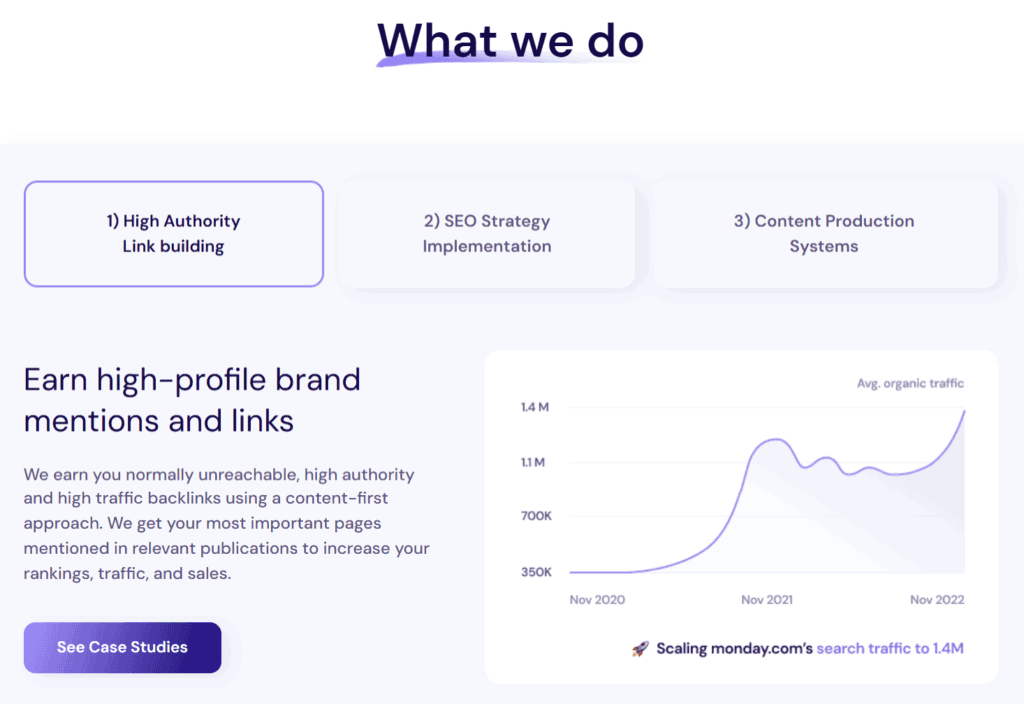
2. Which services can be white labeled?
White label SEO service providers typically cover:
- Content marketing: Blog posts, landing pages, and other content writing and optimization services.
- Local SEO: Google Business Profile optimization and strategy for scoring local AI citations.
- SEO campaigns: SEO strategy, implementation, and ongoing management.
- Technical SEO: Website audits, crawl optimization, and page speed fixes.
- Off-page SEO: white label link building and backlink strategy.
- SEO reports: Branded dashboards and client-ready reporting.
(uSERP can deliver all of these services under your agency’s brand.)
3. How does white label SEO benefit a digital marketing agency?
White label SEO gives your agency access to expert SEO solutions without hiring in-house staff. This helps you scale campaigns quickly, maintain brand consistency, and free up time for account management and client growth.
4. Can SEO services be customized for different clients?
Yes. At uSERP, we tailor SEO campaigns, content production, reporting, and deliverables for each client.
5. How do I manage SEO campaigns and track search engine rankings with a white label service?
White label providers give dashboards and automated reporting tools. You can monitor SEO performance, search engine rankings, and overall campaign progress. (All under your branding.)
6. Is white label SEO suitable for small or mid-sized agencies?
Absolutely. Even small teams can deliver professional SEO solutions. This includes technical SEO strategy, content marketing, off-page SEO, and website audits — without adding internal staff.
7. How do I pick the right white label SEO partner?
When looking for a white label SEO partner, look for:
- Traditional SEO and AI SEO expertise
- Account management support
- Range of SEO solutions
- Proven results
- Transparency
- Flexibility
uSERP stands out as a white label SEO partner. We provide comprehensive white label services, including content writing, link building, and branded SEO reports, designed to integrate seamlessly with your agency.
